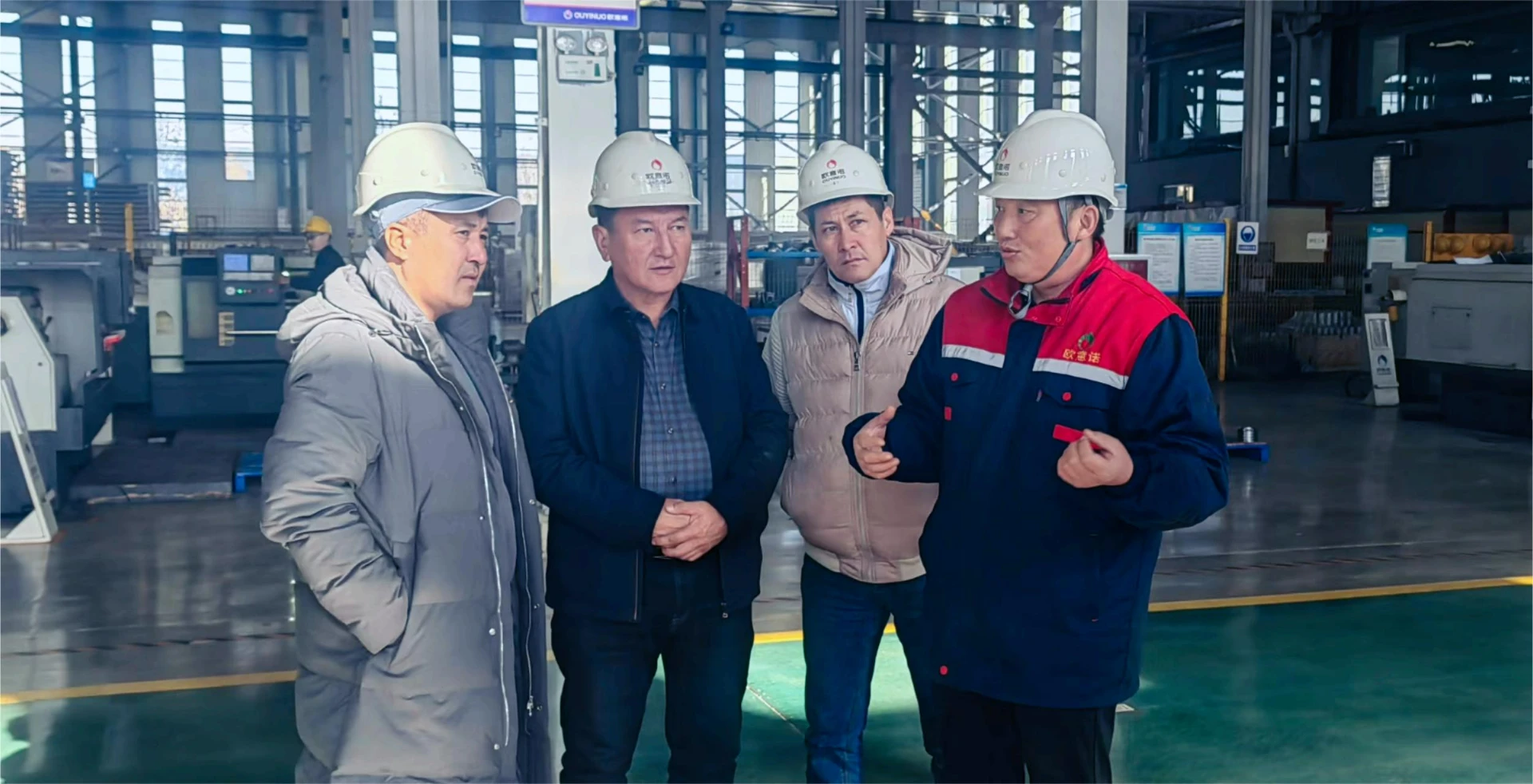
Nov . 15, 2024 00:51
Back to list
natural gas regulator
Understanding Natural Gas Regulators A Key Component in Gas Distribution Systems
Natural gas is an essential energy source for millions of households and businesses worldwide. It powers everything from heating systems and stoves to industrial processes and electrical generation. However, the safe and efficient distribution of natural gas is a complex task that relies on various technologies, one of the most critical being the natural gas regulator. This article aims to provide an in-depth understanding of natural gas regulators, their functions, and their importance in gas distribution systems.
What is a Natural Gas Regulator?
A natural gas regulator is a mechanical device that controls the pressure of natural gas flowing through pipelines. Its primary function is to reduce the high pressure of gas coming from the supply lines (usually higher than 60 psi) to a lower, more usable level, typically around 7 to 10 inches of water column, which is safe for residential and commercial consumption. This pressure regulation is crucial to ensuring that the gas is delivered at a consistent and safe pressure to end-users.
Types of Natural Gas Regulators
Natural gas regulators can be classified into two main categories first-stage regulators and second-stage regulators.
1. First-Stage Regulators These regulate the high pressure of natural gas coming from the main supply lines. They are often used at critical points in a gas distribution system, such as at a distribution station. First-stage regulators help to ensure that the pressure is reduced to a manageable level before it enters the local distribution network.
2. Second-Stage Regulators Located farther down the distribution line, these regulators further reduce the pressure for end-user consumption. They ensure that the gas reaches homes and businesses at a safe operating pressure.
The Importance of Natural Gas Regulators
natural gas regulator

1. Safety One of the most critical roles of natural gas regulators is ensuring safety. High-pressure gas can be extremely dangerous. If the pressure is not adequately regulated, it can lead to gas leaks, explosions, or other hazardous situations. Regulators protect both the infrastructure and the consumers.
2. Efficiency By controlling gas pressure, regulators help optimize the efficiency of gas appliances. Consistent pressure allows stoves, furnaces, and other equipment to operate effectively, reducing waste and ensuring they function as designed.
3. System Integrity Regulators contribute to the overall integrity of the gas distribution system. A significant fluctuation in pressure might strain pipes and fittings, leading to potential failures or leaks. By maintaining stable pressure, regulators help extend the lifespan of the infrastructure.
4. Customer Satisfaction For consumers, regulators ensure that they receive a consistent supply of gas. Variations in gas pressure can cause appliances to perform poorly, leading to frustration and potential safety hazards. Regulators help maintain the quality of service.
Maintenance and Inspection
Regular maintenance and inspection of natural gas regulators are essential to ensure their proper functioning. Operators should routinely check for leaks, wear and tear, and proper pressure settings. If a regulator malfunctions, it can lead to either excessive pressure, risking an explosion, or insufficient pressure, leaving consumers without gas.
Conclusion
Natural gas regulators are vital components in the gas distribution infrastructure, playing a crucial role in safety, efficiency, and customer satisfaction. By ensuring that natural gas is delivered at the right pressure, they help to create a reliable energy supply for homes and businesses alike. As the demand for natural gas continues to grow, the importance of regulators in maintaining a safe and efficient gas distribution system cannot be overstated. Understanding their function and importance is essential for anyone involved in the natural gas industry or for consumers relying on this invaluable resource.
Next:
Latest news
-
Safety Valve Spring-Loaded Design Overpressure ProtectionNewsJul.25,2025
-
Precision Voltage Regulator AC5 Accuracy Grade PerformanceNewsJul.25,2025
-
Natural Gas Pressure Regulating Skid Industrial Pipeline ApplicationsNewsJul.25,2025
-
Natural Gas Filter Stainless Steel Mesh Element DesignNewsJul.25,2025
-
Gas Pressure Regulator Valve Direct-Acting Spring-Loaded DesignNewsJul.25,2025
-
Decompression Equipment Multi-Stage Heat Exchange System DesignNewsJul.25,2025

